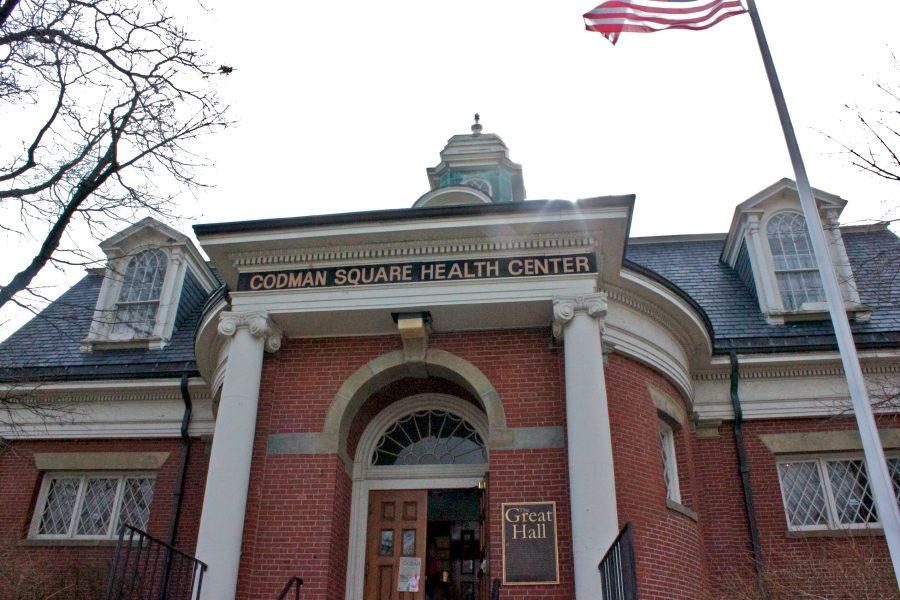In Spring 2013, the Health Leads program has once again mobilized students from UMass Boston to volunteer in a clinical setting alongside physicians, nurses and social workers at the Codman Square Health Center. These students will help patients to do things like keep utilities turned on, get food from local pantries, find a place to sleep, and apply for financial assistance.
Marlene Tejeda, a biology major and premedical student, has worked at the Health Leads program since October of last year.
“You see how people in different communities with different backgrounds live,” Tejeda said. “It is interesting to see how it changes your perspective about communities and the resources that are available in them.”
Since the program was offered to students in October, several UMass Boston students have volunteered as Health Leads advocates in the Codman Square Health Center.
Students must work a minimum of six hours a week and commit to two semesters in the program. Health Leads allows those with no experience the opportunity to serve as advocates, provided they demonstrate a willingness to learn.
Mark Marino, the executive director of Health Leads Boston and founding executive director of Health Leads Baltimore, explained, “We have one vision: a health care system that addresses all patients’ basic needs as a standard part of quality care. We think we can achieve this vision by connecting patients to the resources they need to be healthy and by mobilizing and training future leaders to champion quality care for all patients.” He stressed that the mission of Health Leads is one of social justice and advocacy.
Several students from UMass Boston are presently volunteering with Health Leads. “We started with a select number of twelve students this spring,” Marino said. “We hope to expand the program and offer more opportunities.”
Marino spoke of his plans for a summer fellowship program, which would be more intensive and would require students to commit to 20 hours a week. He also stated that he is working with the university to allow students to work for Health Leads as a work study position and that he hopes to negotiate for course credit for some of the advocates as well.
“We are trying to work on a core curriculum with a couple of colleges at UMB to integrate students’ Health Leads experience with the academic framework they are obtaining in their coursework,” he explained.
Health Leads is not presently selecting students for the spring, but they will be recruiting for the summer fellows program beginning in March.
To find out more about Health Leads and the opportunities it offers, students can visit the web site.

